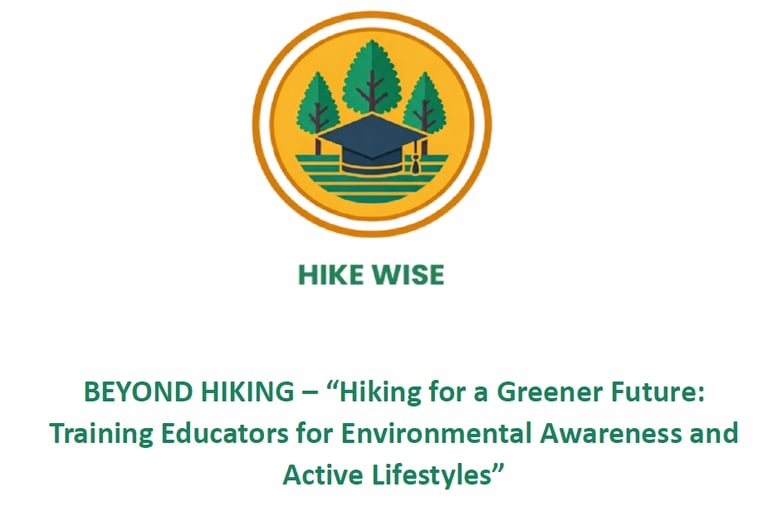Expected Results
The successful implementation of this project is anticipated to yield a range of significant outcomes. Firstly, it is expected to result in the development of a comprehensive manual and teaching materials (WP2) that will empower educators with the tools to effectively integrate outdoor sports into the curriculum, emphasising values of environmental respect and care. The training sessions (WP3) for both current physical education teachers and future educators will equip them with the knowledge and skills needed to engage students in outdoor sporting activities and instil environmental awareness. The pilot projects (WP4) will allow educators to put the acquired knowledge into practice, adapting and evaluating materials for practicality and effectiveness. Furthermore, the project's communication and dissemination activities (WP5) are projected to create a broad impact, making project outcomes widely accessible. Ultimately, the expected results encompass increased environmental awareness, a commitment to preserving the natural world, and the promotion of active, healthy lifestyles among secondary school students, thus contributing to a more sustainable and harmonious future for young generations and the environment.


Results of the project
The HikeWise project will produce a comprehensive manual and diverse teaching materials, equipping educators with the knowledge and resources needed to effectively integrate outdoor sports into the curriculum while promoting environmental awareness and sustainable practices.


Needs Analysis Report
The manual will serve as a structured guide, offering educators detailed methodologies and best practices to seamlessly incorporate outdoor sports into their teaching while fostering environmental awareness.




The teaching materials will include engaging resources, lesson plans, and activity guides designed to support educators in delivering dynamic outdoor sports experiences with a strong emphasis on sustainability and respect for nature.
Materials - Coming Soon
The HIKEWISE Needs Analysis explored how hiking and other outdoor physical activities are currently implemented in secondary school education across partner countries. Drawing on questionnaires, teacher interviews, and student focus groups, the report highlights strong motivation and positive attitudes toward outdoor learning, alongside significant challenges such as limited curriculum time, lack of structured guidance, and insufficient teacher training. The findings underline the need for practical resources, professional development, and institutional support—insights that directly inform the design of the HIKEWISE training materials and educational tools.
Manual - Coming Soon
© 2025. All rights reserved.
Follow us
Keep in Touch
The project “HikeWise” is co-funded by the Erasmus+ Programme of the European Union. The views expressed in the working papers, deliverables and reports are those of the project consortium partners. These views have not been adopted or approved by the Commission and should not be relied upon as a statement of the Commission’s or its services’ views. The European Commission does not guarantee the accuracy of the data included in the working papers and reports, nor does it accept responsibility for any use made thereof.
Project Number: 2024-1-ES01-KA220-SCH-000246218
